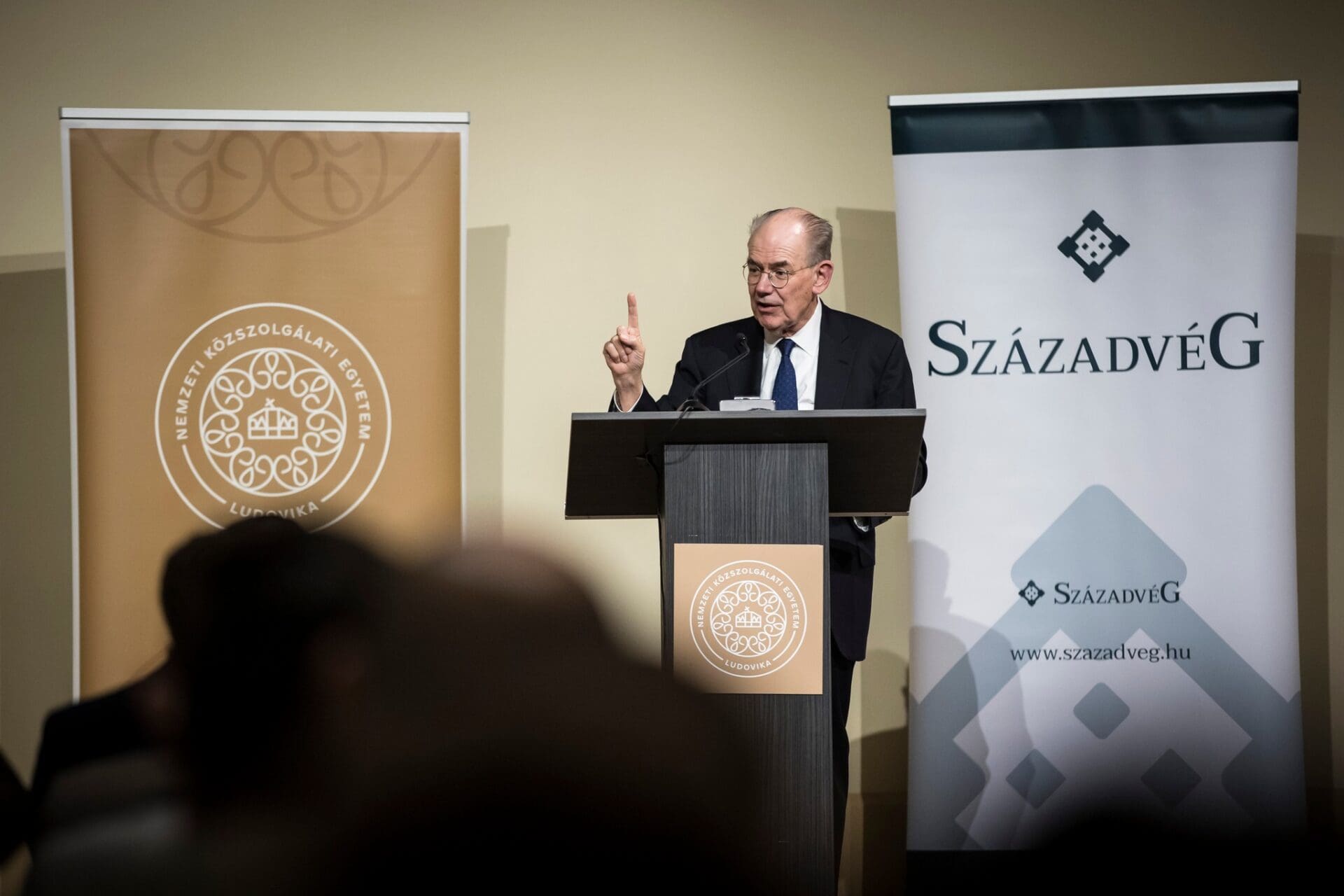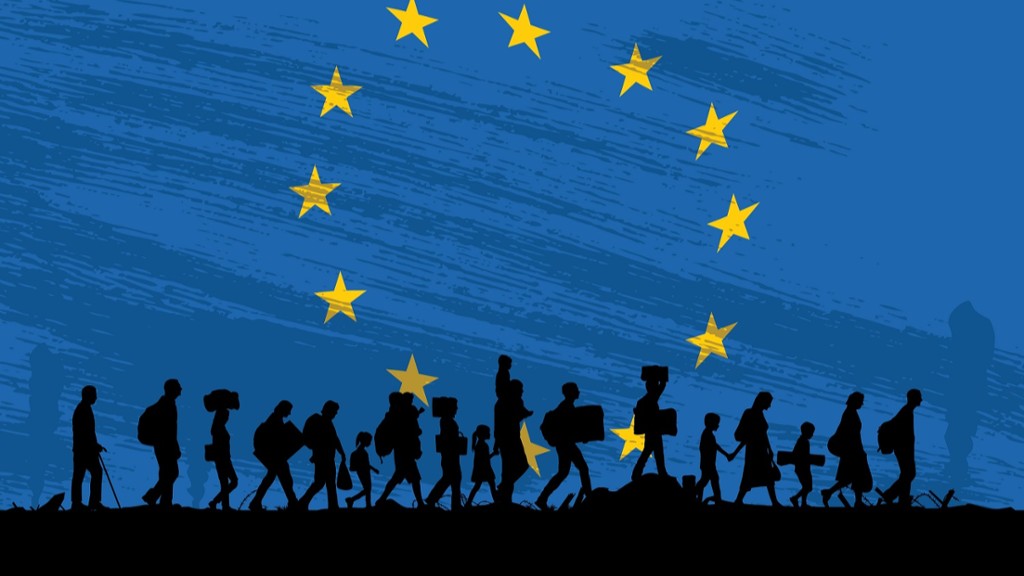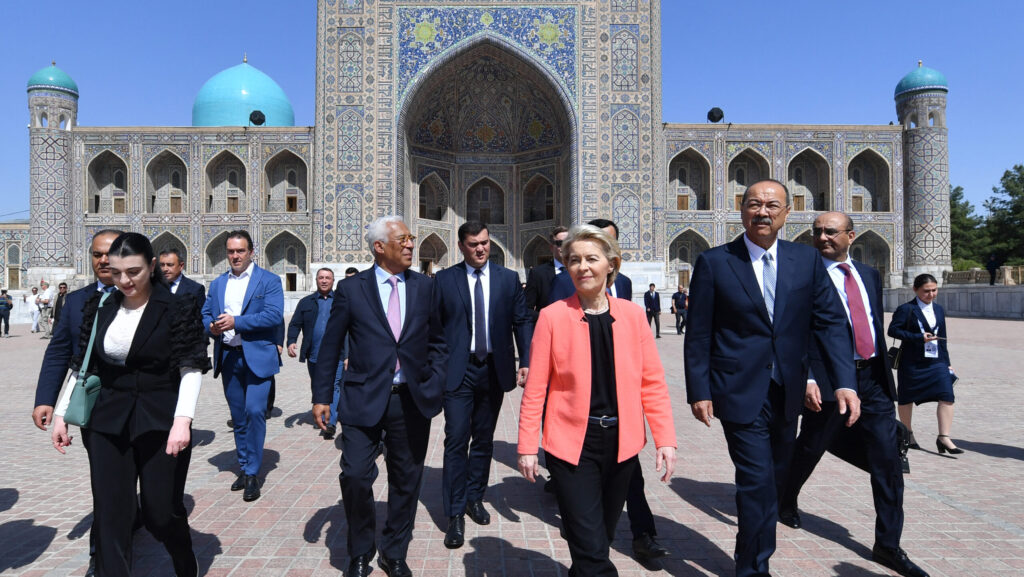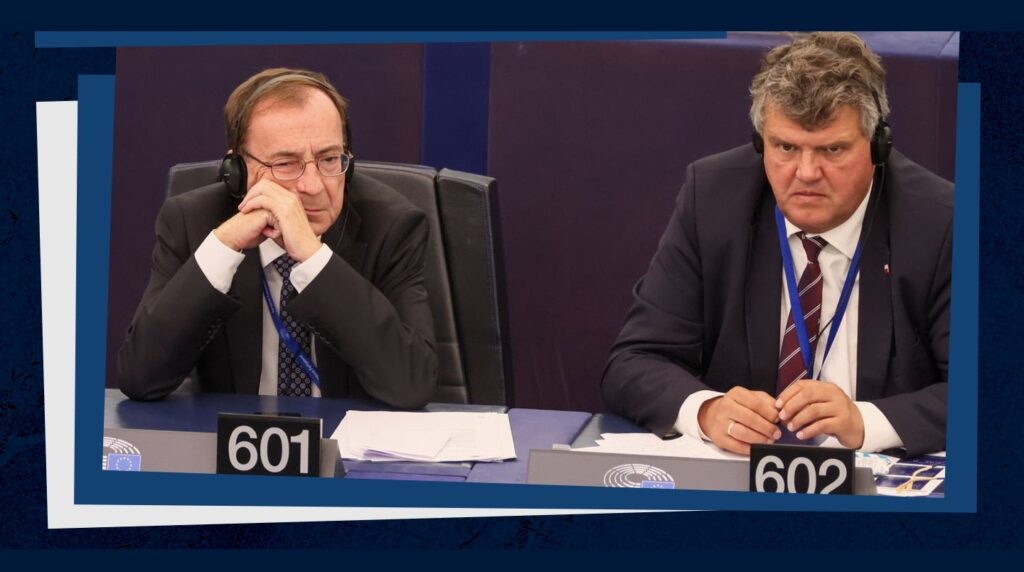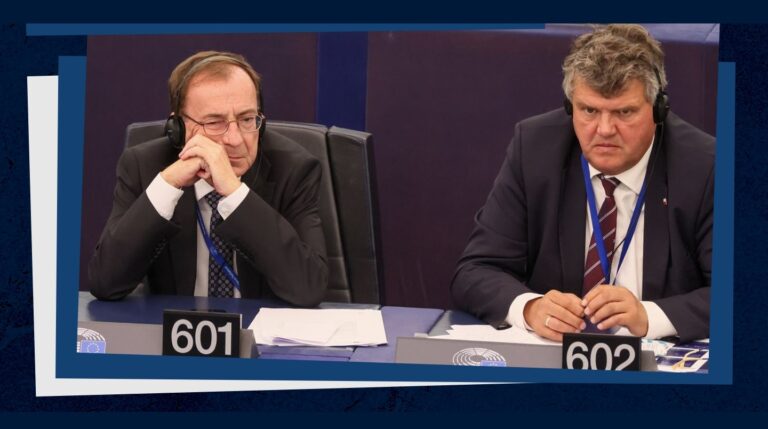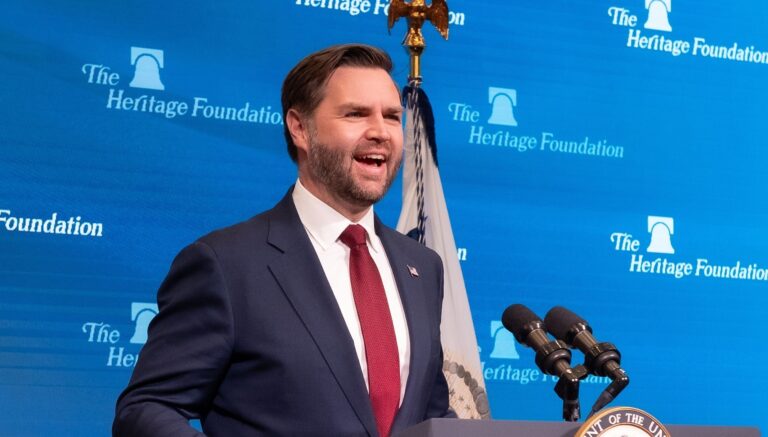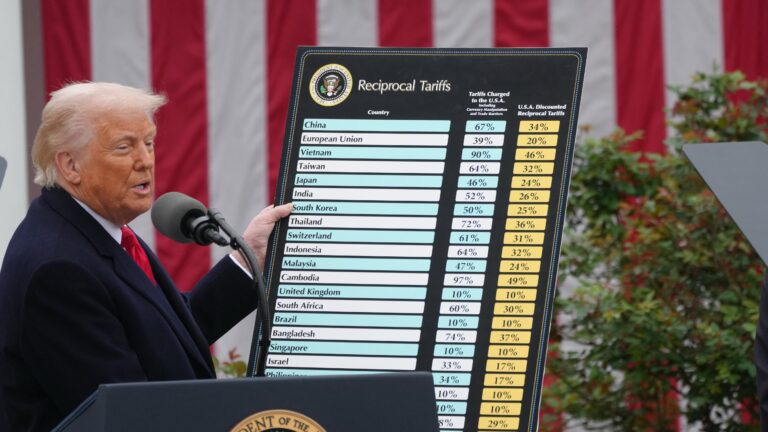As reported in our previous article on the subject, acclaimed American international relations scholar, university professor John J. Mearsheimer was invited to Hungary by Századvég Institute last week, and among other engagements, he gave a lecture at the National University of Public Service on the great conflicts in the world and how they affect Hungary and Europe.
The Big Picture
The professor started by noting that in order to understand current conflicts one needs to see the bigger picture. He noted that he grew up in a bipolar world, but with the end of the Cold War and the collapse of the Soviet Union, everything changed fundamentally, into unipolarity. Then, in 2017, the world changed once again with the advent of multipolarity, becoming radically different from what it was like in 2014 for example. He said that these rapid changes had fundamental effects on international politics. The US, China and Russia became the three great powers. And while the US is still the largest among them, China is catching up rapidly. He added that Russia is but a distant third, as for the US, China is the real competitor, not Russia. According to the professor, the conflicts in the world today are more dangerous than they were during the Cold War, as at that time the great conflict was only between the US and Russia, but now there are conflicts between the US and China, as well as between the US and Russia.
Mearsheimer’s Theory of International Politics
The first topic Mearsheimer addressed in his presentation by outlining his basic theory on international politics. He said that he makes five assumptions about the world and ‘puts them in a bowl and mixes them’. The first assumption is that states are the highest authorities in the system, a system that is basically anarchy. The second is that all states have some offensive military capability. The third is that no state can ever be certain as to what the intention of other states are. The fourth is that survival is the number one goal of all states, and the fifth is that states are rational and strategic calculators.
If one mixes these five assumptions, they get a competitive and dangerous world that has three main principles. The first principle is that fear is a constant among great powers in the international system, as states fear each other. The second is self-help: states have to take care of themselves, they cannot rely on others for help. The third is that the best way to survive is to be the most powerful state in the system. States always thrive towards being ‘Godzilla’—no one wants to attack Godzilla. They need to make sure that no other state dominates their region of the world. The USA at the beginning of its existence carved out a huge state and pushed European powers out of the hemisphere. America went to great lengths to achieve regional hegemony in the Western hemisphere, as the US does not tolerate competitors and no state should ever intimidate them.
The US–China Competition
Mearsheimer said that the competition between the two powers is based on very simple principles. It is the result of the US political establishment working together with China that helped turn the Asian country into an economically powerful state. They are rich and large, two factors that are the foundations of strong military power. China wants to dominate Asia just as much as the US wanted to dominate the Western hemisphere, and they cannot be blamed for that, it is an understandable ambition, with, as the professor ironically put it, a possible attempt by Beijing at a ‘Chinese Monroe Doctrine’. He reminded that China understands very well from its own experience what it is like to be a weak power in the international system, as they were not powerful for hundreds of years, with others preying upon them. He added that China wants to emulate the US, and push Americans out of East-Asia.
However, America does not tolerate competition of this kind, and they certainly do not want to let China have the upper hand. In fact, the US is doing everything in its power to stop the Chinese expansion, both militarily and economically. The US is trying to build an anti-China coalition in East-Asia, to counterbalance and contain China, even at the cost of defending Taiwan with military presence in the region. Mearsheimer said that the US is also working on roll back Chinese economic growth, since the military functions off the economy. The United States is effectively looking to strangle the Chinese economy. He stressed that the US is a ruthless player in the system, and the key to its success is currently Taiwan. The US needs to defend the area for security reasons, so it is moving closer and closer. On the other hand, Taiwan is a sacred territory for China, so the Communist country is committed to reannexing it, so America trying to stop them only enrages the Chinese, all of which generates a quite dangerous conflict.
The US–Russia Competition
The competition between the United States and Russia has crystallized into the Ukrainian war. Mearsheimer said that it is conventional wisdom in the West that the Russians are bent on establishing hegemony in Europe. They are an imperial power and Putin wishes to recreate the Soviet Union or create a far greater Russia. Once he has done that, he is going to push toward creating an empire in Eastern Europe. They are determined to conquer and occupy Ukraine, to make it part of this greater Russia, and they will not stop there, they are going to march on other states surrounding the area.
Mearsheimer disagrees. Putin is an imperialist, hell-bent on regional hegemony, he noted, however, there has been no evidence that he ever thought it would be a good idea to conquer Ukraine, that he thought it was feasible or even that it is what he had planned to do. Mearsheimer added that Russia does not have the capability to conquer Ukraine, or any other country for that matter. They can barely defeat Eastern-Ukraine, how would they conquer the entire state, he asked the rhetorical question. He compared the current situation to the German invasion of Poland in 1939. The Germans sent in 1,5 million soldiers at the time, while Russia only sent 190,000 in February this year, with no reserves.
Ukraine is quite large, and the Russians were never interested in conquering it. What they were interested in was defending Russia against the West’s efforts to make Ukraine a Western outpost on the border of Russia. He said that the West’s efforts against Russia have been a three-pronged offensive. The first was to get Ukraine into NATO; the second was to get Ukraine into the EU; and the third was an orange revolution in Ukraine. He said that the West wants Ukraine the be a Western bulwark on the border of Russia. In the professor’s opinion, it was the NATO expansion that really ‘spooked the Russians’. In April 2008, Georgia and Ukraine were formally invited to join NATO. Russia made it clear that Ukraine being part of NATO would be unacceptable. The US ambassador at the time also warned against the move, saying that ‘Ukraine and NATO are the brightest of red lines for all members of Russian politics.’ Mearsheimer recalled that all European leaders back then agreed Ukrainian membership was not a good idea, even Angela Merkel opposed it, as she said that she understood it would be the equivalent of a declaration of war against Russia. And yet, the US continued to push forward, and pushed through various rounds of expansion. They began in 1999, then pushed for expansion a second time in 2004, and with a third big push, achieved it in 2008. Four months later, a war broke out in Georgia. Nevertheless, the US continued to push, because they saw Russia as weak. The end result was that in 2014 the crisis in Ukraine started, with the Russian annexation of Crimea.
The American response to that was not backing off but doubling down on the offensive. They US started to train Ukrainian forces, started to arm them, give them intelligence, and helped them with military operations during the civil war in the Donbas region. With these acts, Ukraine was becoming a de-facto member of NATO, so in 2021, Putin and Lavrov sent a letter to the head of NATO, stating that Ukraine should never become part of the organisation. The American reply was that nothing is going to change, so, in response, Russia launched a preventive war in February. The war could only have two outcomes: either a neutral, or a wrecked Ukraine. He explained that the attempt to turn Ukraine into a Western bulwark has provoked a similar reaction to what had led to the Cuban Missile Crisis. The professor recalled that the Soviets attempted to break into the Western hemisphere by deploying nuclear missiles in Cuba, which was unacceptable for the United States. He compared to what is happening with Ukraine to the imaginary scenarios of China sending troops to Toronto, for example, in which case the US would react instantly. He concluded by stressing that the current conflict is unlike the Cold War: it is merely a balancing act by Russia.
Related Articles:

